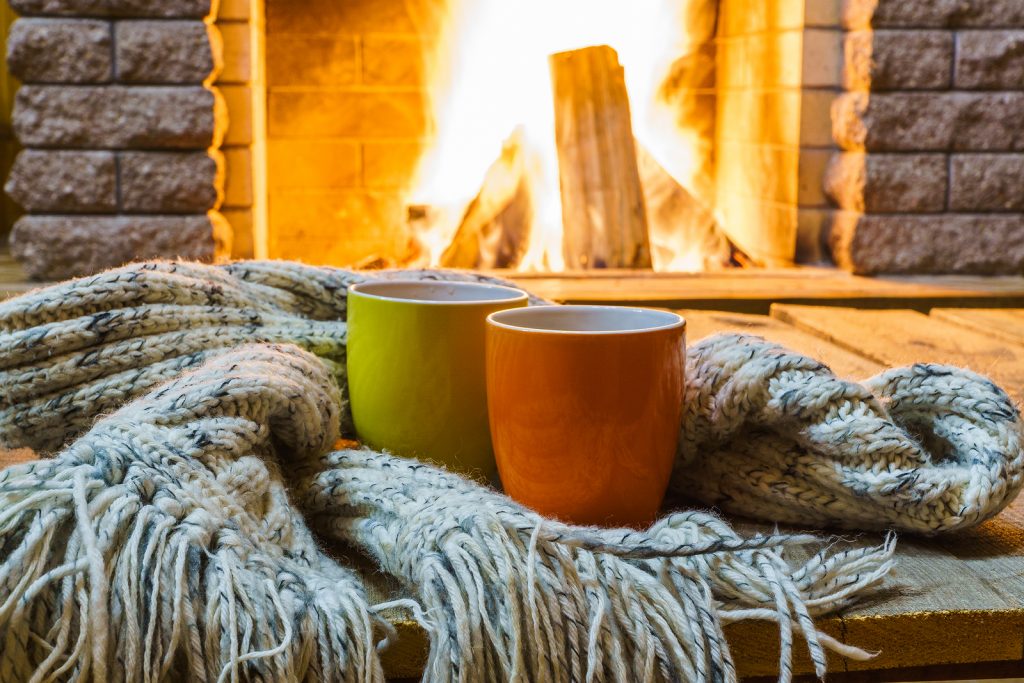A fireplace is a wonderful addition to any house and can be an effective way to help heat your home if used properly. Unfortunately, the reality is that many homeowners are just burning through their savings, sending their energy bill up in smoke, along with their health.
The damper puts a damper on saving energy
According to the U.S. Department of Energy, wood and gas fireplaces are the most inefficient heat sources. An average home spends approximately $600 per year for heating. The primary reason in the energy loss is the fireplace’s damper. If your fireplace’s damper is unsealed or open your overall energy consumption can raise by up to 30%, equating to around $200 per year.
As heated air goes up the chimney, cold air from outside is being sucked in to replace it.
If that’s not bad enough, between 80-90% of the heat produced by wood burned in an open fireplace is lost up the chimney. So, for every $100 you spend on firewood you get only $10-$20 worth of heat.
Tips to help offset the energy loss when using a fireplace:
- Make sure dampers are closed when not in use.
- Check that the damper seal is in good condition.
- Install glass fireplace doors.
In addition to raising your energy bills, fireplaces have been known to affect the air quality in homes. Fireplaces release dangerous pollutants including carbon monoxide, nitrogen dioxide and particles.
Carbon monoxide will give you flu like symptoms as it interferes with the body’s ability to utilize oxygen.
Nitrogen dioxide is a known eye, nose and throat irritant that can cause a shortness of breath in high concentrations.
Particles are released during the incomplete combustion of any fuel (wood or gas) and can work their way into and damage the lungs.
Taking the proper precautions to ensure your fireplace isn’t affecting your indoor air quality is important.
Best practices for using a fireplace
- Choose the proper fuel. Use dry seasoned wood. Never use painted, wet or treated wood.
- Don’t neglect maintenance. Have your fireplace cleaned and inspected annually.
- Add an air purifier. Whole house air filtration systems when added to your heating and cooling systems can help control smoke pollution.
Call a Portland HVAC Expert
Heat Relief Heating & Cooling has been serving Portland, Beaverton, Milwaukie, Damascus, Gresham, Troutdale and the Portland, Oregon area since 1977. Give us a call when you need an HVAC contractor!

